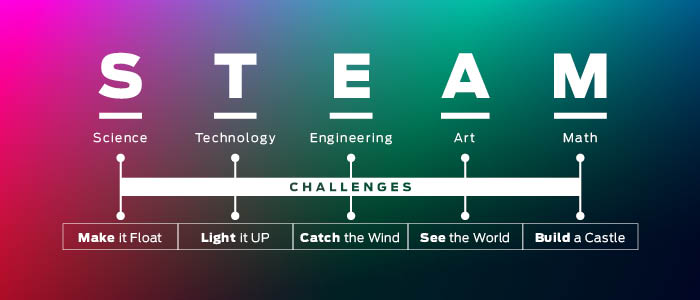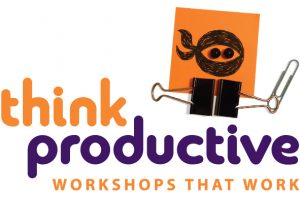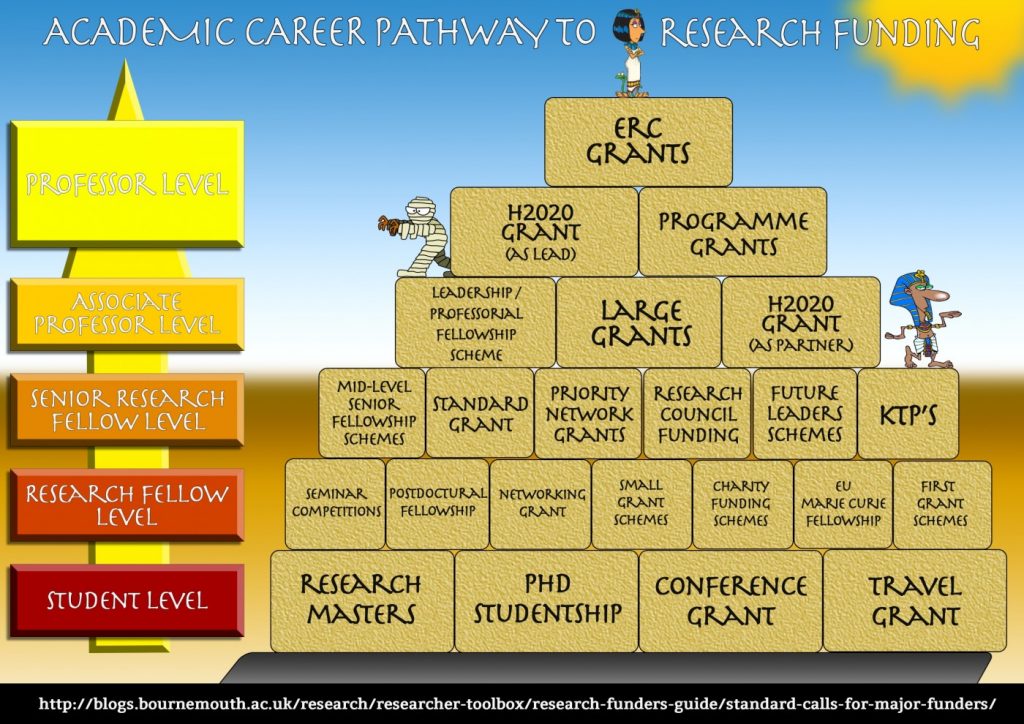What is MS?
Multiple Sclerosis (MS) is a chronic debilitating and progressive condition that affects the fatty tissue sheath surrounding nerves. Loss of the myelin sheath is largely responsible for uncoordinated movements because the nerves cannot transmit signals smoothly across the complex neural circuitry. A common symptom of MS is excessive yawning together with fatigue.
Research study
Following recent completion of a study at the Osborne Centre, West Parley, we found that people with MS had higher cortisol levels when yawning compared with healthy participants.
Previous research at Bournemouth University
This research follows several years of research by the author at Bournemouth University with the first report on the “yawning envelope”, identifying the electrical trace during yawning (Refs. 1-2), and the first report on the association between yawning and cortisol levels following provoked yawning (Refs. 3-6).

Yawning “envelope”
“Contagious” yawning is seen in animals as well humans; it may involve empathy to perceived social cues in humans.

Yawning: (clockwise) Fox, Pig, Human, Hippopotamus



A series of 3 Q and A events with talks about findings was held at the MS Society local branch which facilitated an interesting and lively debate among participants, researchers and staff at the Centre.
Further research planned
We believe that threshold levels of cortisol trigger the yawn response which lowers brain temperature, particularly important in MS where brain temperatures can be elevated considerably following fatigue. A funding bid is in preparation to examine early detection of MS using these findings.
About the author
Simon B N Thompson is Associate Professor, Bournemouth University; and Visiting Professor, Université Paris Ouest Nanterre La Défense, France. He has presented to His Excellency Bernard Emié, the French Ambassador at the French Embassy, signalling formation of the Anglo-French International Scientific Council for Research into Multiple Sclerosis.
Acknowledgements
Thanks to all volunteers; Alister Coleman and Nicola Williams for assisting in data collection and analysis; Rod Slip, Group Co-ordinator and Kay Bundy, Fundraising Co-ordinator of the MS Society Osborne Centre for providing free facilities.
References
1. Thompson, S.B.N., 2013. How to catch a yawn: initial observations of a randomised controlled trial. WMC Neurology, 4(8), doi: 10.9754/journal.wmc.2013.004371.
2. Thompson, S.B.N., Frankham, C., & Bishop, P., 2014. The art of capturing a yawn using the science of nerve impulses and cortisol levels in a randomized controlled trial. Thompson Cortisol Hypothesis as a potential predictor of neurological impairment. International Journal of Arts & Sciences, 7(3), 529-543.
3. Thompson, S.B.N., 2011. Born to yawn? Cortisol linked to yawning: a new hypothesis. Medical Hypotheses, 77, 861-862.
4. Thompson, S.B.N., & Bishop, P., 2012. Born to yawn? Understanding yawning as a warning of the rise in cortisol levels: randomized trial. Interactive Journal of Medical Research, 1(2), e4, 1-9, doi: 10.2196/ijmr.2241.
5. Thompson, S. B. N., Daly, S., Le Blanche, A., Adibi, M., Belkhiria, C., Driss, T., de Marco, G., 2016. fMRI randomized study of mental and motor task performance and cortisol levels to potentiate cortisol as a new diagnostic biomarker. Journal of Neurology & Neuroscience, 7(2); 92: 1-8.
6. Thompson, S.B.N., 2017. Hypothesis to explain yawning, cortisol rise, brain cooling and motor cortex involvement of involuntary arm movement in neurologically impaired patients. Journal of Neurology & Neuroscience, 8(1); 167: 1-5.
![]() The eligibility for the NERC New Investigators scheme has been updated from three to five years of applicants first becoming eligible for NERC funding as a Principal Investigator. This applies from the January 2018 closing date. See: http://www.nerc.ac.uk/funding/application/eligibility/
The eligibility for the NERC New Investigators scheme has been updated from three to five years of applicants first becoming eligible for NERC funding as a Principal Investigator. This applies from the January 2018 closing date. See: http://www.nerc.ac.uk/funding/application/eligibility/

 Four key topics have been selected for the STEAMLabs in 2017/18. These are based around key government priorities and where the biggest pots of funding will be available. The STEAMLab topics are:
Four key topics have been selected for the STEAMLabs in 2017/18. These are based around key government priorities and where the biggest pots of funding will be available. The STEAMLab topics are: From Tuesday, 25 July 2017 a
From Tuesday, 25 July 2017 a  The
The 




 On Wednesday 28th June, the Writing Academy will be hosting a Lunchbyte session with
On Wednesday 28th June, the Writing Academy will be hosting a Lunchbyte session with 

 Have a
Have a  The
The  NERC is inviting applications from across the NERC science remit to join its key scientific advisory board, the Science Board (SB). NERC is seeking to recruit for up to three vacancies, to commence appointment in October 2017. SB is the key source of advice to NERC Council on science related issues.
NERC is inviting applications from across the NERC science remit to join its key scientific advisory board, the Science Board (SB). NERC is seeking to recruit for up to three vacancies, to commence appointment in October 2017. SB is the key source of advice to NERC Council on science related issues. The
The 
 Live online event on the 8th June 2017
Live online event on the 8th June 2017 BRIAN is being upgraded and will be unavailable for use on Tuesday 2nd and Wednesday 3rd May.
BRIAN is being upgraded and will be unavailable for use on Tuesday 2nd and Wednesday 3rd May. It’s been over six months since Bournemouth University launched its new
It’s been over six months since Bournemouth University launched its new 















 REF Code of Practice consultation is open!
REF Code of Practice consultation is open! BU Leads AI-Driven Work Package in EU Horizon SUSHEAS Project
BU Leads AI-Driven Work Package in EU Horizon SUSHEAS Project Evidence Synthesis Centre open at Kathmandu University
Evidence Synthesis Centre open at Kathmandu University Expand Your Impact: Collaboration and Networking Workshops for Researchers
Expand Your Impact: Collaboration and Networking Workshops for Researchers ECR Funding Open Call: Research Culture & Community Grant – Apply now
ECR Funding Open Call: Research Culture & Community Grant – Apply now ECR Funding Open Call: Research Culture & Community Grant – Application Deadline Friday 12 December
ECR Funding Open Call: Research Culture & Community Grant – Application Deadline Friday 12 December MSCA Postdoctoral Fellowships 2025 Call
MSCA Postdoctoral Fellowships 2025 Call ERC Advanced Grant 2025 Webinar
ERC Advanced Grant 2025 Webinar Update on UKRO services
Update on UKRO services European research project exploring use of ‘virtual twins’ to better manage metabolic associated fatty liver disease
European research project exploring use of ‘virtual twins’ to better manage metabolic associated fatty liver disease